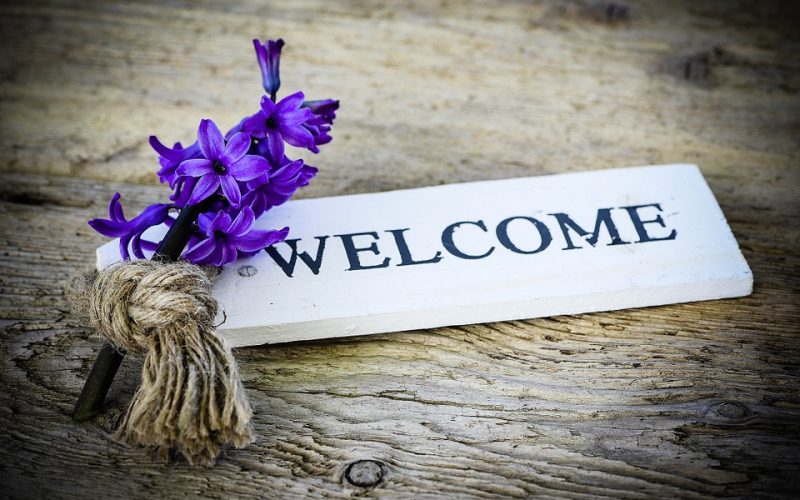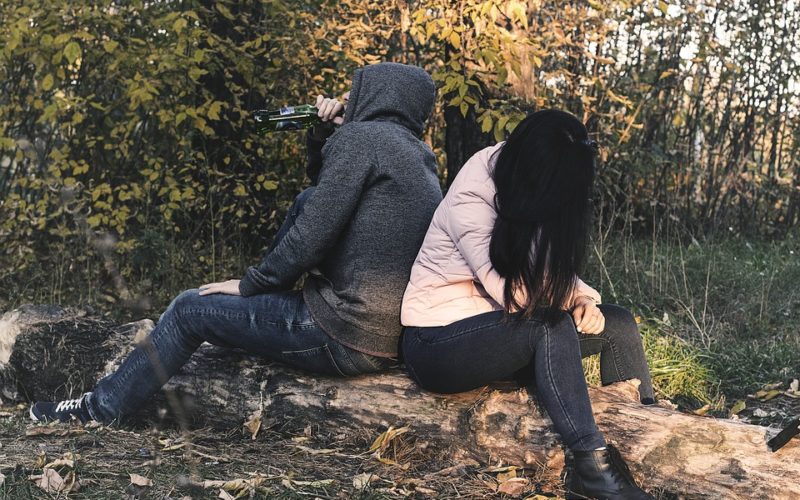Caught In a Dilemma
Discovering that your best friend's partner is being unfaithful is an incredibly delicate and emotional situation. It's natural to feel conflicted about how to approach it—wanting to protect your friend but also not wanting to create more pain. Handling this kind of revelation requires tact, empathy, and careful consideration of the possible outcomes. Here are some steps to help you manage this difficult scenario responsibly.
Confirm the facts before jumping to conclusions
Before taking any action, ensure that what you’ve discovered is beyond doubt. Misunderstandings, context, or incomplete information could lead to unnecessary harm if things aren’t as they initially seem. Ask yourself: how reliable is the evidence? Are there alternative explanations for what you’ve seen or heard?
If the information is second-hand, weigh its credibility carefully. Avoid basing any confrontation solely on hearsay unless the evidence is compelling. Acting on shaky claims risks damaging your relationship with your friend and their partner unnecessarily.
Put yourself in your best friend's shoes
Once you’re confident about the situation, put yourself in your best friend's position. Consider how they would want such sensitive information to be shared with them. Different people have different ways of processing emotional distress—some would appreciate direct honesty, while others might need a gentler approach.
Think about the timing and setting of the conversation. Would they prefer to hear it in person in a private setting? Or would they prefer written communication, giving them time to absorb the news? Handling this matter in a way that prioritises your friend’s comfort is key.
Prepare for mixed reactions
Breaking this kind of news to your best friend may not go as you expect. While some friends may appreciate your willingness to tell them the truth, others could feel defensive, disbelieving, or even angry. Be prepared for a range of emotional reactions; remember, this news will be deeply personal and painful for them to process.
If your best friend initially reacts badly, remind yourself that their frustration or disbelief isn’t necessarily about you. It’s likely their way of coping with unexpected shock. Be patient, give them space if they need it, and reaffirm that you have their best interests at heart.
Communicate with compassion and evidence
When you decide it’s time to tell your best friend, communicate with as much compassion as possible. Frame it as an uncomfortable but necessary conversation, showing that you’re sharing this information because you care about their wellbeing—not to stir drama or cause pain.
Present the facts calmly and avoid making accusations or adding personal judgement. For example, instead of saying, "Their partner is disgusting for cheating," you might say, "I came across something that concerned me, and I felt I needed to share it with you." If possible, share the evidence you’ve gathered tactfully, but don’t pressure your friend to immediately believe or act on what you've told them.
Offer your support
After delivering the news, focus on being a source of support for your friend. It’s possible they’ll need time to process the information before deciding what to do. Reassure them that you’re there to listen and assist in any way you can.
Encourage your friend by gently offering options, whether that involves taking time for themselves, seeking professional support, or confronting their partner. Respect their autonomy, though—ultimately, they have to decide the best course of action for their relationship.
Respect their choices moving forward
Lastly, be prepared to respect whatever decision your friend makes. You might feel strongly that they should confront their partner or even end the relationship, but it’s essential to set your personal opinions aside. Your role is to support them, not to dictate how they handle the situation.
If your friend decides to stay in the relationship, this might be difficult for you to accept. However, maintaining an open and understanding dialogue can help preserve your friendship, even if their decisions differ from what you would choose for yourself.
Discovering that your best friend’s partner is cheating is a tough situation to handle, but by prioritising honesty, compassion, and emotional support, you can help your friend in the time they need you most.










